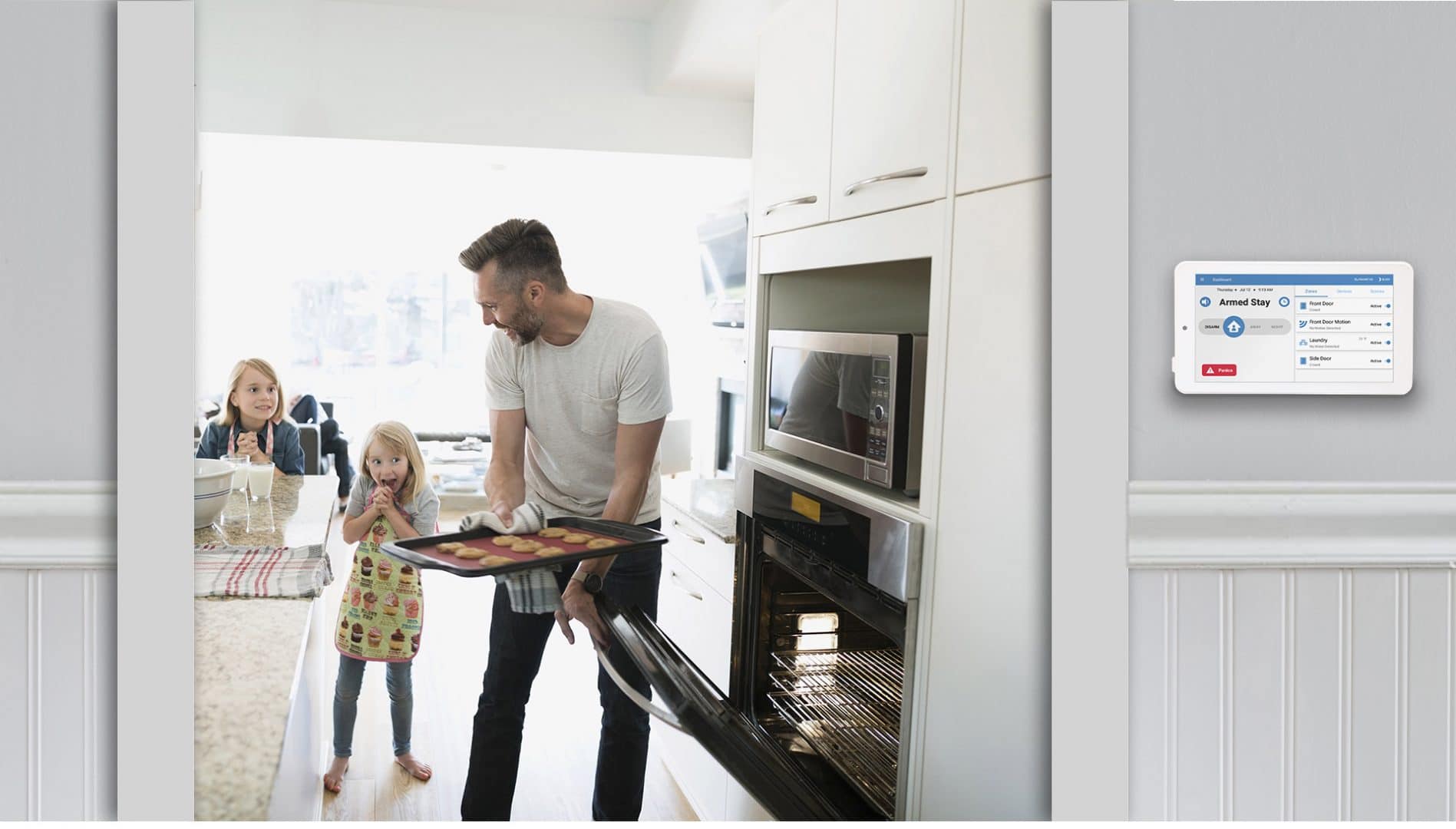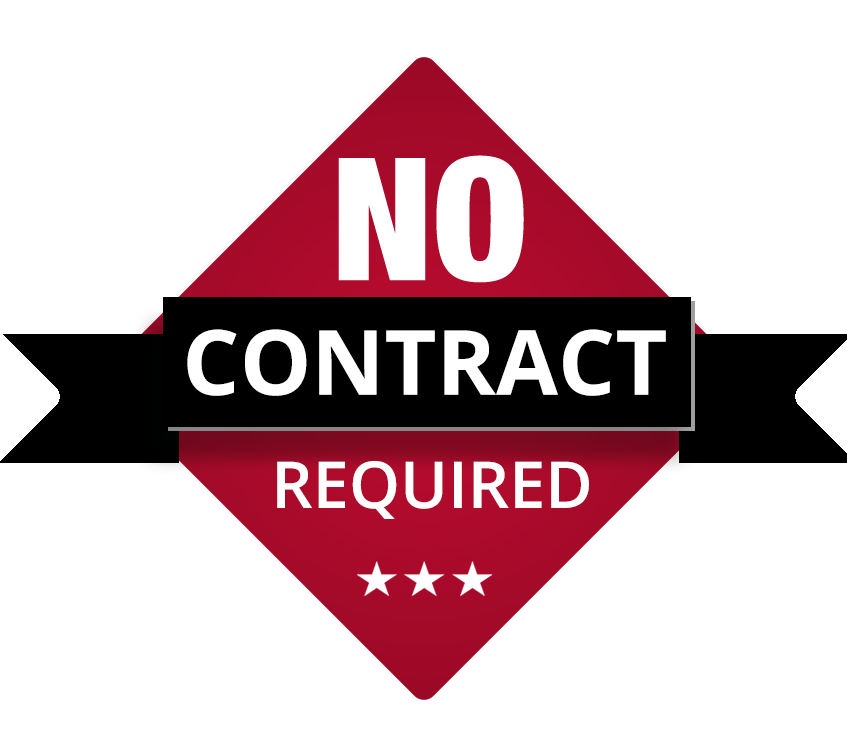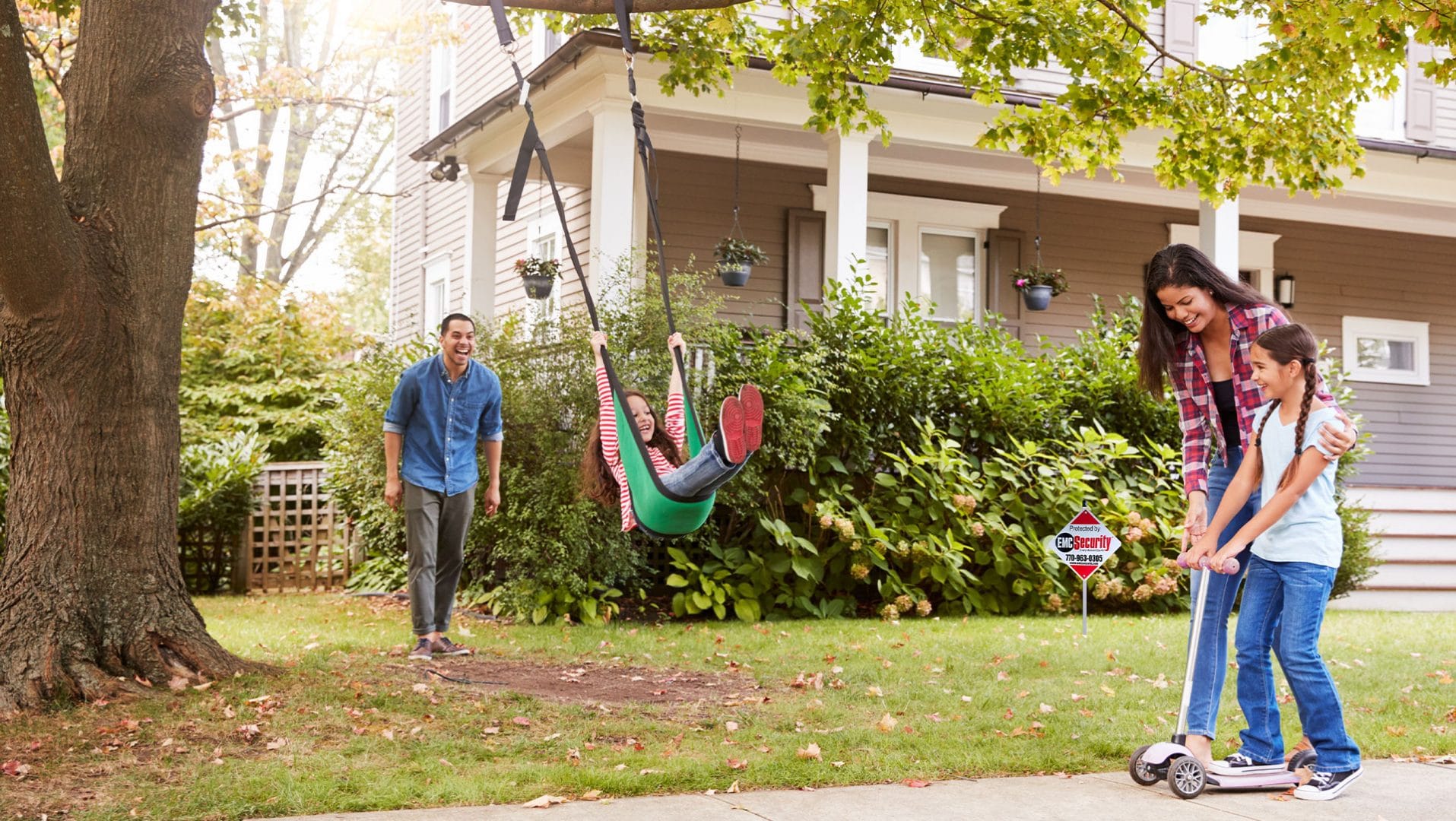Your cart is currently empty!
Search results for: “R”
-
WAEMC Signs

Southern Security is part of the EMC Security service.
Please complete the following form to request new EMC Security yard signs.
-
WAEMC

Southern Security is part of the EMC Security service.
Please complete the following form to request new EMC Security yard signs and to update your monitoring agreement. There are no changes to the cost of your monitoring service.
-
Vinings Estates

Modernize Your Alarm System
EMC Security proudly serves Vinings Estates with professional alarm monitoring at a great local value.
As Georgia’s largest locally owned security company, you get dependable protection, responsive technical support, and the latest security technology without long-term contracts or unnecessary compromises.
Vinings Estates
Schedule Your Alarm Activation
Request alarm monitoring service, upgrade and activate, or switch to EMC Security.
To speak to an EMC Security home security specialist, call 770-963-0305.

Always watching
So you don’t have to be.
Because we’re owned by three Georgia EMCs, we focus on keeping monitoring rates fair and competitive. With 24/7 professional monitoring and flexible options, choosing EMC Security is simple.
And since we don’t require a long-term contract, you can cancel anytime. That’s why we work to earn your business every day.
New professional and DIY system
You decide! Choose from professionally installed or DIY self-installed system at a significant savings.

Get A quote >>
Activate the system already in your home
Switch service or activate the alarm system already in your home. Our process is quick and easy.

Be the first to know what’s happening.
Deter intruders with cameras. See what your kids and pets are doing. Watch for activity around your yard, pool, out-building, or garage.

Smarter home. Safer home.
Your home is safer and more efficient when all your smart-devices work together with convenient mobile control.


Why Choose EMC Security?
Home Security Options That Fit Your Needs.
No Contracts Required.
Now More Options Than Ever Before.
- Use the equipment you already have or install a full new system.
- Use professional installation or do it yourself with our easy self-install security options.
- Commit to a payment plan or choose our famous no-contract option.
We Earn Your Business Every Day.
- Locally owned and operated, we care about the community we live in.
- Award-winning customer service is more than a plaque. It’s our mission.
- Local service. Local support. Need help? We’re right here in Georgia when you need us.
-
Thank you IQ C

Thank you!
Your quote is being prepared by a security expert who will contact you shortly.
Security Equipment
Installed by a certified EMC Security technician or DIY self installation, complete with 24/7 professional monitoring.
Home Security Equipment
Security Cameras
Smart Home Automation
Life Safety
Create Your Ideal Security System
Tell us about your needs and we’ll help you find the perfect system.

All the Details
DIY or Professional
Choose our popular DIY Self-Install option or opt for EMC Security professional installation.
Powerful Defenders
Wireless security system with a color touchscreen keypad and encrypted sensors.
Mobile App Control
Arm and disarm your system, control your connected home devices such as lights, locks, and thermostats.
Security Cameras & Smart-Home
Be the first to know what’s happening at home – with text, video, and notifications.
24/7 Professional Monitoring
We’ll request dispatch of real-time emergency responders when break-ins or fire (optional) is detected. EMC Security employs 100% central station operators – no remote operators in an unsecured location.
No Contract Required
Our no-contract required policy lets you cancel at anytime. We earn your business every day!
-
Thank you IQ

Thank you!
Your quote is being prepared by a security expert who will contact you shortly.
All of EMC Security systems are available with professional installation.
Prefer to shop online? Add professional installation at checkout.

Smarter than the average keypad
Integrated touchscreen in-home control. Arm and disarm your system, view camera clips, lock and unlock doors, set home temperature, and more.
More flexibility. Mount on a wall or use the tabletop stand.
This keypad speaks. You’ll hear any changes to the arming status, security sensors, and home automation devices.
Lower rate. Better service.
With 24/7 professional monitoring, it’s a simple, easy choice.
EMC Security gives excellent service because we don’t lock you in with a contract.
We keep alarm monitoring rates low because it’s the right thing to do. This rate hasn’t changed since 1999!So you don’t have to be.

Be the first to know what’s happening.
Deter intruders with cameras. See what your kids and pets are doing. Watch for activity around your yard, pool, out-building, or garage.

Smarter home. Safer home.
Your home is safer and more efficient when all your smart-devices work together with convenient mobile control.


Why Choose EMC Security?
Home Security Options That Fit Your Needs.
No Contracts Required.
Now More Options Than Ever Before.
- Use the equipment you already have or install a full new system.
- Use professional installation or do it yourself with our easy self-install security options.
- Commit to a payment plan or choose our famous no-contract option.
We Earn Your Business Every Day.
- Locally owned and operated, we care about the community we live in.
- Award-winning customer service is more than a plaque. It’s our mission.
- Local service. Local support. Need help? We’re right here in Georgia when you need us.
-
Thank You Fundamentals SI

Complete Your Order
Click the button below to complete and submit the EMC Security Monitoring Agreement.
Once it’s received, we’ll program and ship your system.
You will get an email with a tracking number.
Please contact us with any questions.
-
Thank You EMC

Thank You For Your Purchase!
Please contact us with any questions.
-
Thank You Cam

Complete Your Purchase
Thank you for ordering a video camera(s) from EMC Security.
In order to complete your purchase, please complete the following information and sign the agreement below.
Please contact us with any questions.
-
Thank you B-PI

Thank you!
Your quote is being prepared by a security expert who will contact you shortly.
All of EMC Security systems are available with professional installation.
Prefer to shop online? Add professional installation at checkout.

Smarter than the average keypad
Integrated touchscreen in-home control. Arm and disarm your system, view camera clips, lock and unlock doors, set home temperature, and more.
More flexibility. Mount on a wall or use the tabletop stand.
This keypad speaks. You’ll hear any changes to the arming status, security sensors, and home automation devices.
Lower rate. Better service.
With 24/7 professional monitoring, it’s a simple, easy choice.
EMC Security gives excellent service because we don’t lock you in with a contract.
We keep alarm monitoring rates low because it’s the right thing to do. This rate hasn’t changed since 1999!So you don’t have to be.

Be the first to know what’s happening.
Deter intruders with cameras. See what your kids and pets are doing. Watch for activity around your yard, pool, out-building, or garage.

Smarter home. Safer home.
Your home is safer and more efficient when all your smart-devices work together with convenient mobile control.


Why Choose EMC Security?
Home Security Options That Fit Your Needs.
No Contracts Required.
Now More Options Than Ever Before.
- Use the equipment you already have or install a full new system.
- Use professional installation or do it yourself with our easy self-install security options.
- Commit to a payment plan or choose our famous no-contract option.
We Earn Your Business Every Day.
- Locally owned and operated, we care about the community we live in.
- Award-winning customer service is more than a plaque. It’s our mission.
- Local service. Local support. Need help? We’re right here in Georgia when you need us.
-
Thank you
Thank you.
Your monitoring agreement has been submitted. You will receive a confirmation email.


